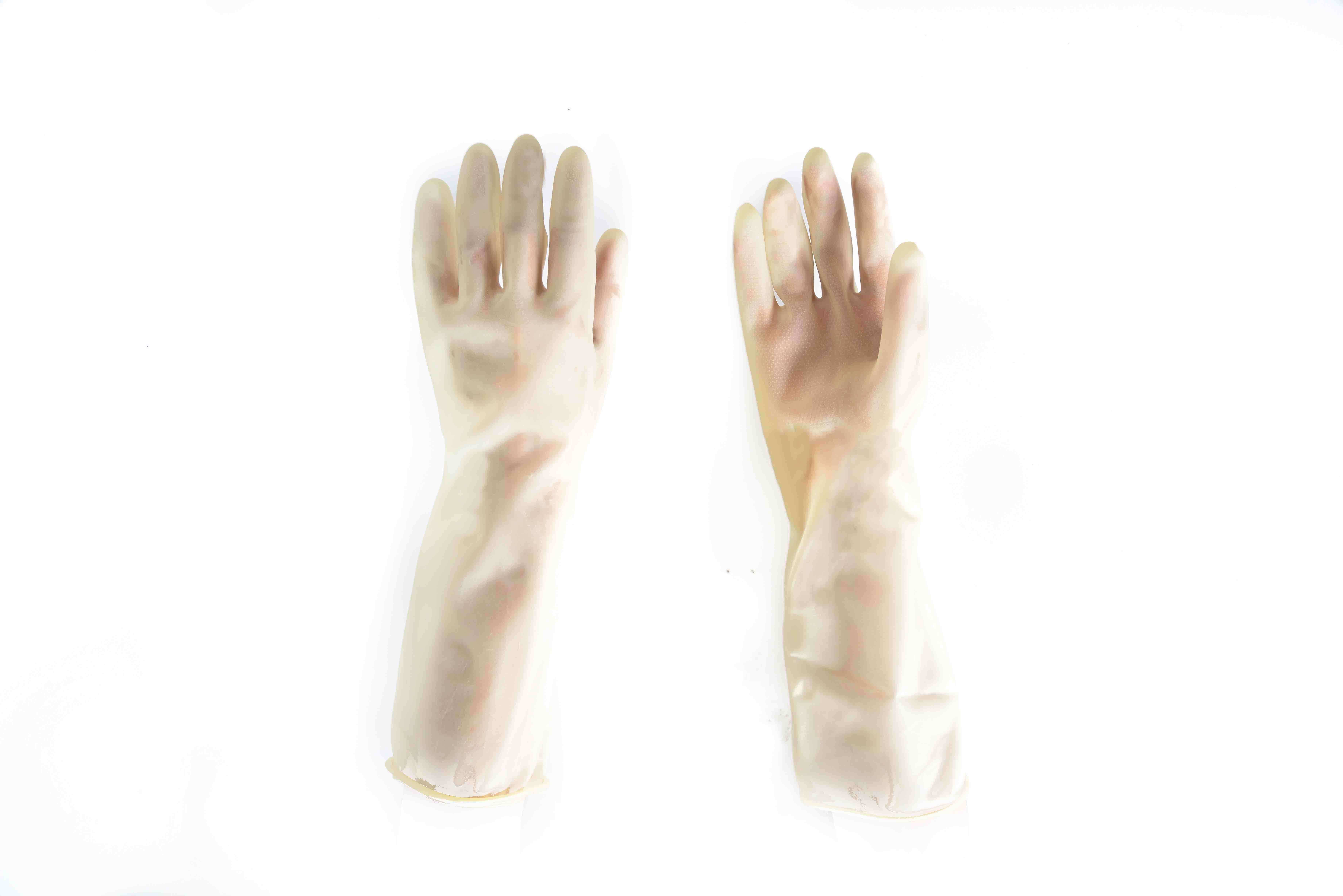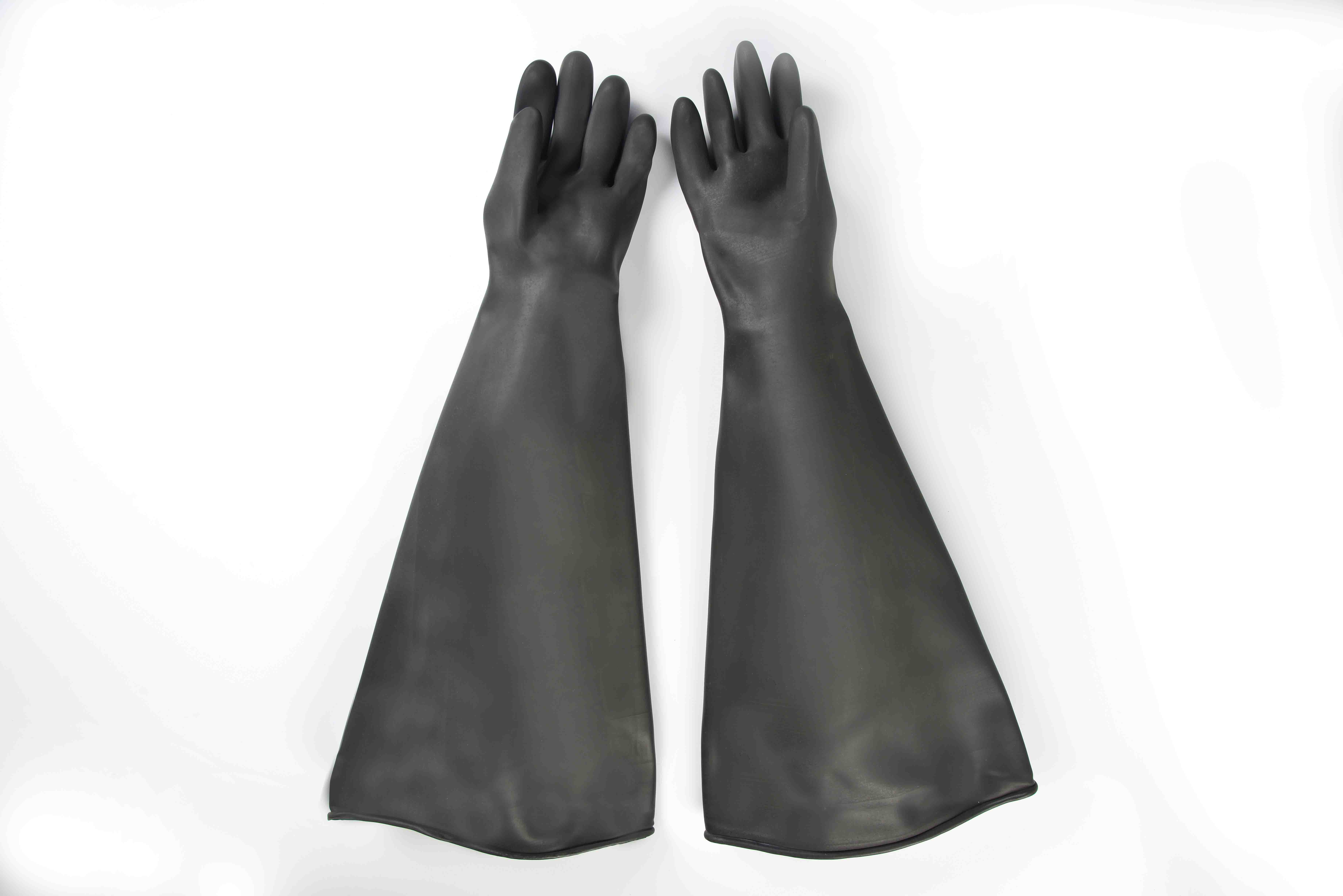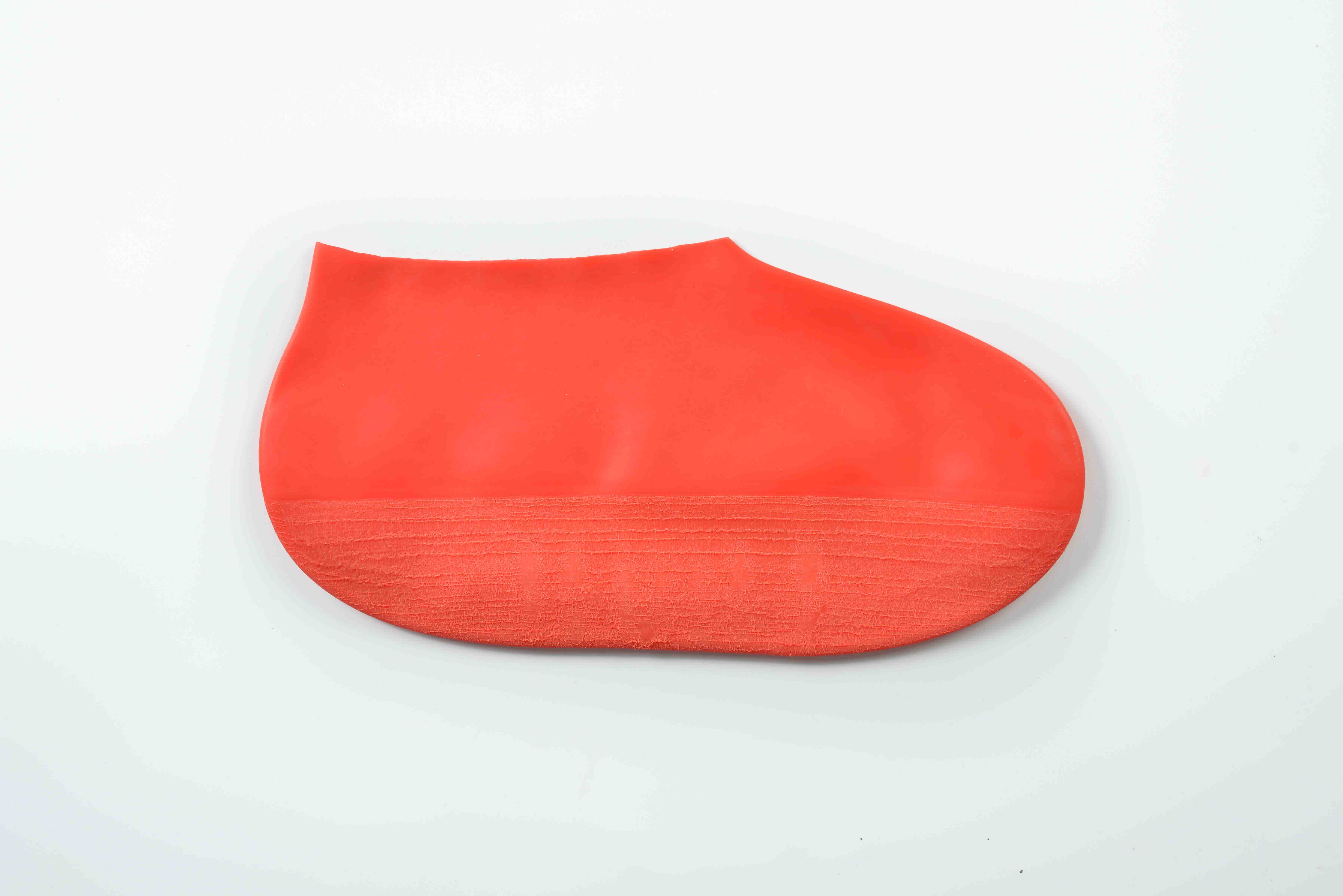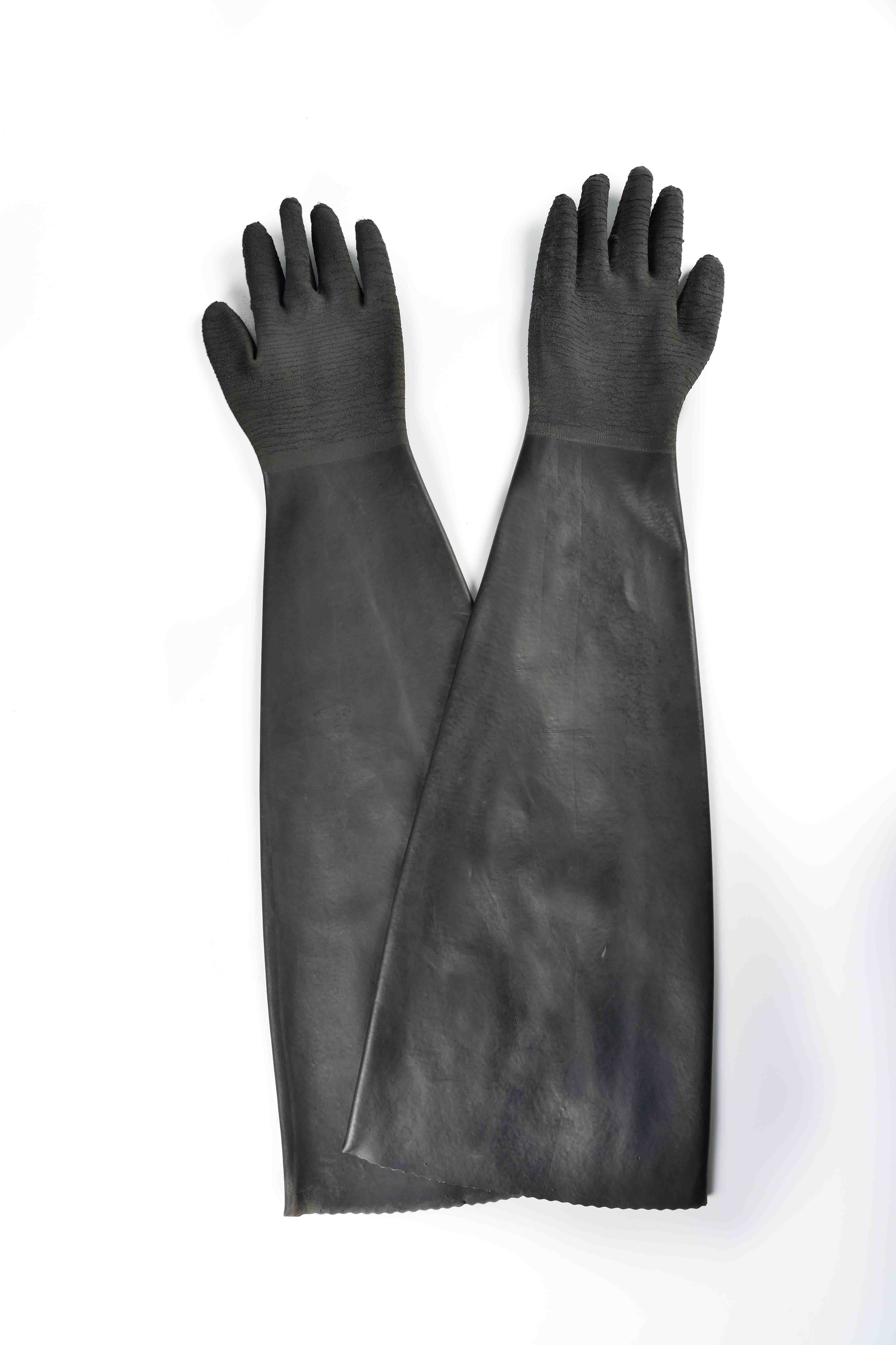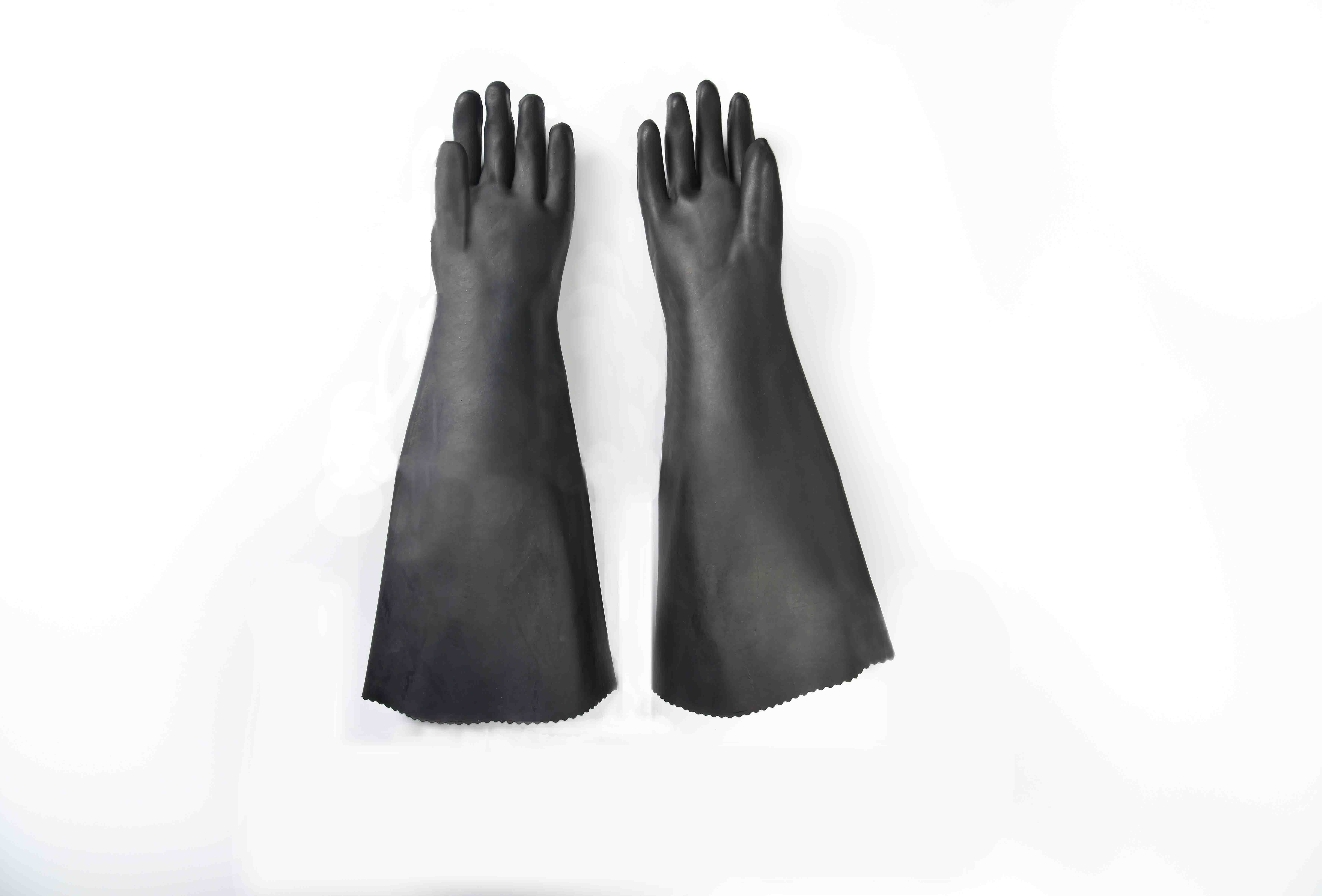Wholesale price for Household rubber glove S in Cyprus
Short Description:
Sanitation glove, made of 100% natrual latex, length 32-36cm, textured palm for anti-slip, waterproof, anti acid and alkali, non-toxic. Mainly used for food processing, hotels, family kitchen, etc. Color: red, yellow, orange, rose, nude, etc.
Product Detail
FAQ
Product Tags
abide by the contract", conforms to the market requirement, joins in the market competition by its high quality as well as provides more comprehensive and excellent service for clients to let them become big winner. The pursue of the company, is the clients' satisfaction Wholesale price for Household rubber glove S in Cyprus, We encourage you to make contact as we are looking for partners in our venture. We are sure you will find doing business with us not only fruitful but also profitable. We are ready to serve you with what you require.
Sanitation glove, made of 100% natrual latex, length 32-36cm, textured palm for anti-slip, waterproof, anti acid and alkali, non-toxic.
Mainly used for food processing, hotels, family kitchen, etc. Color: red, yellow, orange, rose, nude, etc.
FAQ Content
Contact: Mr Lewis
Email: lewis@goodeggtraymachine.com
Website: http://www.goodeggtraymachine.com
Skype: lewis15863824208
Mob:+86-15863824208
QQ: 279684828
Gtalk: lewis15863824208@gmail.com
Yahoo Messenger:lewis15863824208@yahoo.com
We are the professional manufacturer of Pulp moulding Machine and EPE Foam Extruder Line etc in China.
This machine is a deeply processing equipment of EPE foam sheet/film products, mainly used for the tectorial surface of EPE foam sheet/film. The material can be PE film, plated Aluminum film plastic-coated. Paper plastic-coated fabric and so on.
The machine can increase intensity, waterproof smooth of foam sheet, and can print character, picture, improving the products, is widely used for the packing of box lining, life vest, wooden floor cushion. Car Havelock, Motor adumbral cushion, electronic appliance, high-top china and so on.
Applications:
1) Cushioning and packaging materials for electronic equipment, potteries and
glassware
2) Construction-roof insulation, expansion joints, anti-vibration in roofs, walls,tunnels,
bridges and highways
3) Insulation of window, air conditioner ducting, industrial chillers, cold storage,
refrigerated vans, industrial refrigerators and water pipes
4) Education materials, decorative materials
5) Sports mats, such as wrestling, judo, gym and exercise mats
6) Body protective materials, such as helmets, leg and thigh guards, arm, elbow and
shoulder pads, life saving jackets, and gloves
EPE foam sheet machine can make different foam sheet width and thickness according to customer requirement.
Meanwhile, it can also make foam pipe, foam net, foam rod, foam profile and so on through changing mould and machine parts.
EPE foam sheet machine can make different foam sheet width and thickness according to customer requirement.
Contact: Mr Lewis
Email: lewis@goodeggtraymachine.com
Website: http://www.goodeggtraymachine.com
Skype: lewis15863824208
Mob:+86-15863824208
QQ: 279684828
Gtalk: lewis15863824208@gmail.com
Yahoo Messenger:lewis15863824208@yahoo.com
We are the professional manufacturer of Pulp moulding Machine and EPE Foam Extruder Line etc in China.
Astounding new wintertime gloves from Held, featuring brand-new Gore-Tex technologies. The lining & membrane have all the major names jointly in terms of holding you heat and dry- Thinsulate, Thermoplush Fleece and Gore-Tex. The Held gloves have lots of extend material panels, allowing for most ‘feel’ even though preserving heat.
Truly great n heat gloves! www.getgeared.co.british isles examine us out for motorbike gloves and motorbike clothes!
Shop for Held Gloves here: http://www.getgeared.co.british isles/Bike_Clothes_Brands/held-wintertime-gloves

